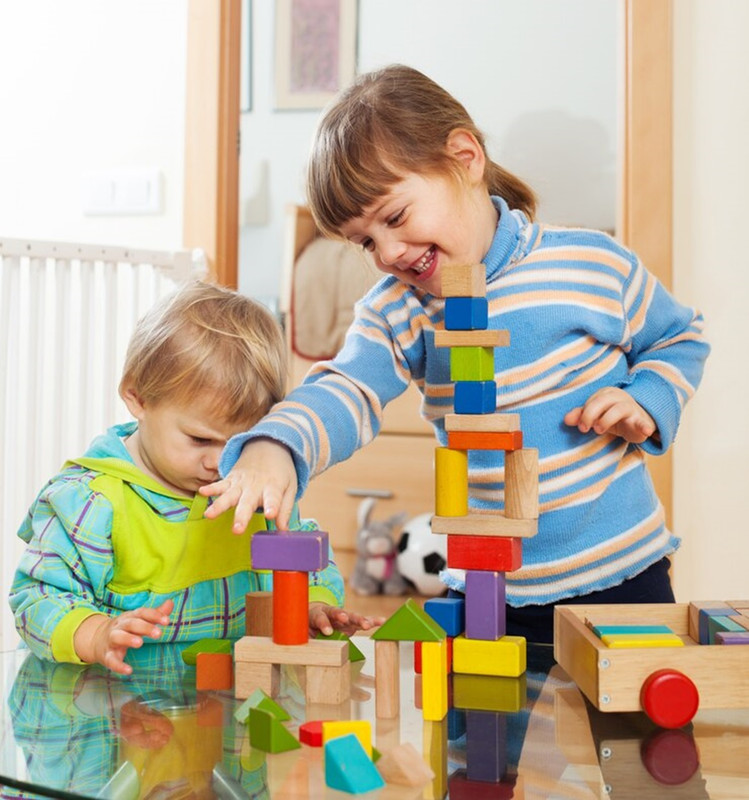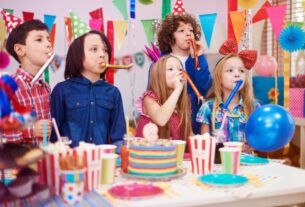Parenthood is a journey of constant discovery and adaptation. Isn’t it remarkable how we find ourselves growing and evolving alongside these tiny beings we’ve brought into existence? But what happens when they have to step out of the comfort of the home environment and into the exciting, albeit intimidating, world of kindergarten? How can we prepare them and ourselves for that pivotal transition?
We’ve all been there – one minute they are tiny, helpless infants who are entirely dependent on us, and before we know it, they’ve grown into these curious, feisty little souls, ready for their first independent adventure. Are we equipped enough to guide them smoothly through this momentous change?
The first big leap of a child’s formal education can be filled with mixed emotions for both, the child and parents. This blog post aims to equip parents with practical insights and proactive measures to ensure that your child, and you, navigate this change with excitement and ease.
Understanding the Importance of Kindergarten
Why is Kindergarten so crucial in a child’s life? Kindergarten is a vital phase because it lays the foundation for a child’s formally structured learning journey. It involves adjusting to a new environment filled with rules, routines, and relationships outside the family circle. This significant milestone also helps identify any learning difficulties that children may face, allowing for early interventions.
Going to kindergarten welcomes children into a broader community, exposing them to diverse experiences and various perspectives. It cultivates social skills, emotional resilience, and independence, preparing them not just for school but for life as well.
But like any significant transitioning period, moving up to kindergarten can come with its set of challenges. It can be challenging for children to separate from their parents or adapt to a new schedule. Parents can make this transition smooth and manageable by acknowledging its importance and taking steps to prepare themselves and their children.
Building Your Child’s Independence
A critical component of preparing your child for kindergarten is to build their independence. Begin by encouraging them to dress themselves, use the washroom independently, and clean up after playtime. These simple routines not only instill discipline and responsibility but also boost their confidence and self-esteem.
However, remember that every child is unique and blooms at their own pace. Be patient, positive, and consistent in your approach. Alongside these daily tasks, also encourage emotional independence. Teach your child to express their feelings constructively and navigate through conflicting emotions tactfully.
Building independence creates a sense of security and prepares your child for the less predictable aspects of kindergarten. It also enables them to engage more enthusiastically and fearlessly with their new environment.
Establishing a Routine
Establishing a regular routine before the first school bell rings can set up your child for success. Begin with mirroring the school schedule at home. This could involve structured play periods, snack times, and relaxation periods.

Simulate a regular school day and initiate a conversation about what they might expect. This tactic will help adjust their internal clock to the school timings and reduce the shock of a sudden shift. Moreover, consistency in daily routines can foster a sense of security and predictability amidst all the new changes.
However, keep in mind that flexibility is key. Adapt the routine as your child grows and their needs shift. The purpose is not to instill rigidity but to prepare them gradually for their new lifestyle.
Emotional Preparedness
An often overlooked aspect of transitioning to kindergarten is emotional preparedness. Leaving the safe cocoon of home can be a rollercoaster of emotions for your child. Empathy can be a powerful tool in this context.
Opening a dialogue about emotions can enable your child to articulate their fears. Books, social stories, and play can be fantastic ways to illustrate and work through a range of feelings. Encouraging resilience, problem-solving skills and empathy in them are great emotional skills to hone in your child during this period.
Together, you and your child can explore these emotions, discover coping mechanisms, and build emotional strength for the new journey.
Nurturing Social Skills
Social skills play a quintessential role in transitioning smoothly to kindergarten. Encourage your child to interact with children of their age. Arranging play dates, or enrolling them in clubs or sports can provide them ample socializing opportunities.
Teach your child essential social graces like sharing, patience, and accepting differences. Modeling good behavior, pointing out kind behavior in books or shows, or role-playing situations can help cultivate these virtues.
Remember, cultivating social skills takes time. Allowing your child to navigate social situations under supervision while also stepping in when necessary can make for a balanced approach.
Conclusion
Preparing your child for kindergarten is a journey that needs careful thought and deliberate action. Remember, as parents, you are your child’s first teachers. Kindergarten is quite the milestone, but being aware of the varying facets of this journey can equip you to guide your child more efficiently.
Foster independence, establish routines, prepare emotionally and nurture social skills, but most importantly, embrace the process with joy and enthusiasm. Each step of readiness that your child moves towards is a reflection of their growth and resistance. Indeed, amidst the many hats we don as parents, the role of the navigator guiding our small explorers through life’s transitions can be the most rewarding one to wear.



